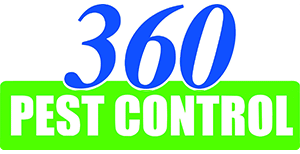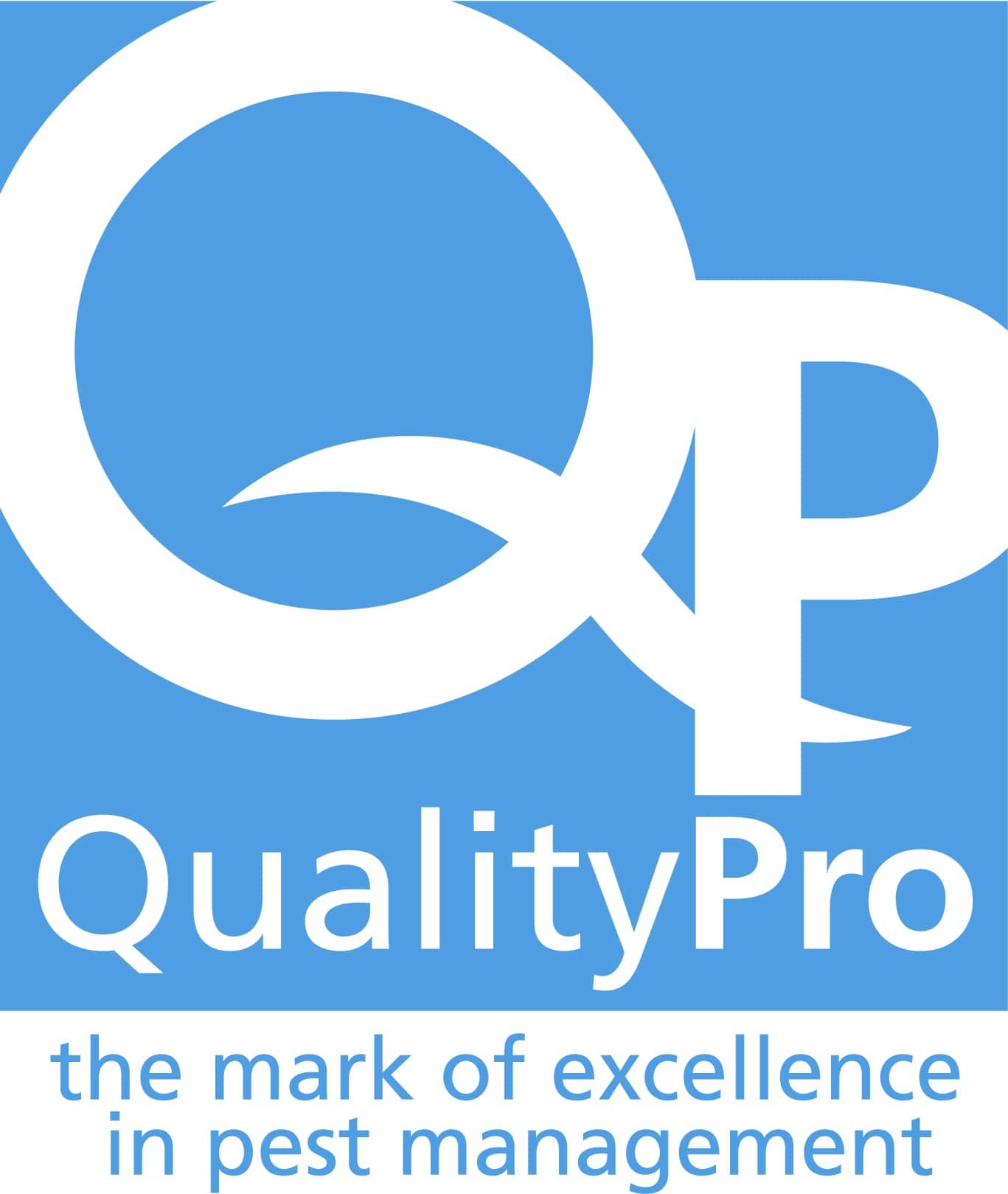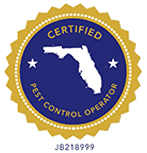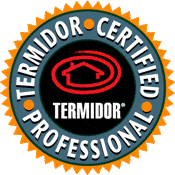Are green products used in pest control effective?
A growing number of pest control operations are promoting “green” pest control to people who are passionate about environmental stewardship or who are concerned about chemical exposure.
Pesticide Registration and Classification
The Federal Insecticide, Fungicide and Rodenticide Act (FIFRA) provides for regulation of pesticide distribution, sale and use and that all pesticides sold or distributed in the USA must be registered by the USEPA. Within the USEPA, the Office of Pesticide Programs (OPP) regulates the use of all pesticides and establishes maximum levels of pesticide residues in food products.
Certain pesticide products may be classified as Minimum Risk under FIFRA, Section 25b and may then be exempt from registration with the USEPA. Some common products used by pest control companies include cedar oil, cinnamon, garlic, lemongrass, linseed oil, mint, peppermint, citronella, thyme, rosemary and pepper. Many are formulated from oil extracts of botanicals.
Consumers should understand any product can be toxic if taken in sufficient strength or volume and that is why the USEPA requires FIFRA approval and registration before any pest control product can be sold or used. If a product is granted Exemption under FIFRA, that does not mean it is “safer”; it simply means, in the formulation registered it is considered to be safe for use based on the toxicity of the formulation. It does not mean it is a “natural” or “green” product. Each product approved and registered with the USEPA is considered “safe” in the formulation and location approved.
Labeled Location For Use
Some products are labeled for use in certain locations only such as the exterior only. Some may be restricted against use near waterways or potable wells. Some may be approved for broadcast or indoor/outdoor use. When used in accordance with the label, all registered insecticides/pesticides are considered safe.
Allergic Reactions to Pesticides
Few people are allergic to pesticide formulations. Actually, there is little active ingredient in the mix; most formulations are mixed at .03 or .06 percent. Some chemicals have a stronger odor than others which may be offensive to some people or pets. Adverse reactions to pesticides are most often related to improper use of the product.
Pesticide Lifespan
As in nature, one drawback to minimum risk pesticides is longevity. Botanical oils, without the addition of chemical adjutants simply break down faster than pesticides labeled for restricted use. Water and sunlight reduce their effectiveness. For this reason, the use of minimum risk or 25b pesticides often require more frequent treatments and this may equate to a higher cost to the consumer. Whereas treatments for general pest control may be done quarterly with restricted use pesticides, the effectiveness of a reduced risk pesticide rarely would last more than two months. Areas with heavy precipitation may require monthly treatments.
As with many “green” products sold today, consumers should take the time to educate themselves on the true value of what is being sold, both environmentally and economically.
360PestControl provides full-service pest control, termite inspections, termite treatment, lawn & ornamental services across Florida.
William Chandler is an Associate Certified Entomologist and Building Scientist with over 40 years of experience in pest control, mold and moisture investigation, building construction and forensic building investigation. He is a Termite Expert by UF/PMU.







